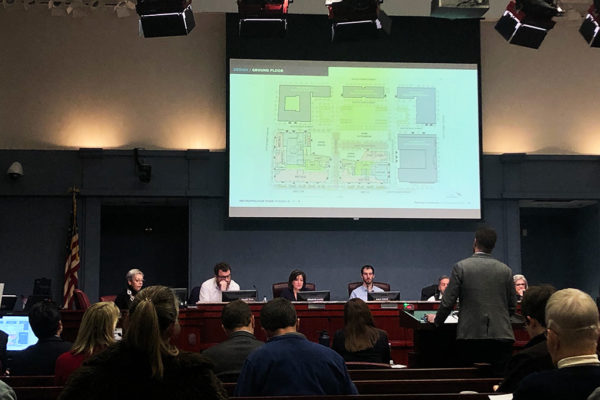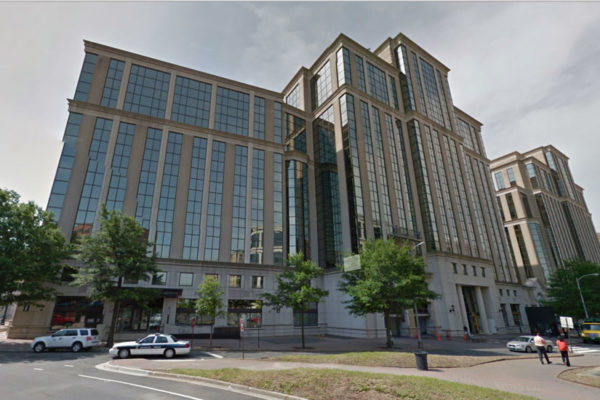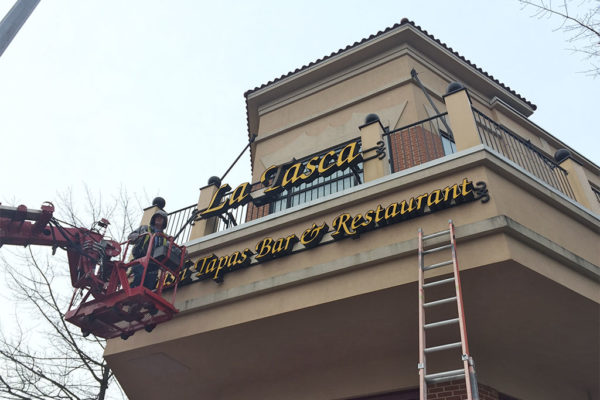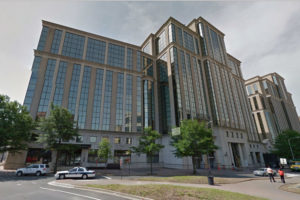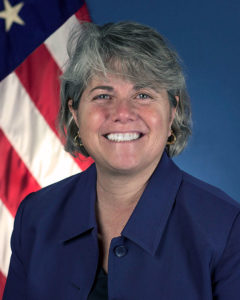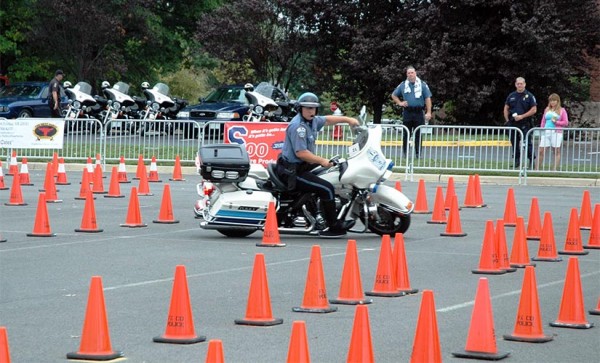Arlington prides itself on citizen participation in government, but public engagement is taking a backseat to practical necessity during the coronavirus crisis.
On Wednesday, members of Arlington’s galaxy of advisory commissions and boards were told that their meetings have been put on hold for the foreseeable future.
“As you may know, we issued a continuity of operations ordinance that offers some flexibility for the County Board and other appointed bodies to meet virtually — but only for decisions directly related to the Coronavirus (COVID-19) and other essential continuity of business matters,” Arlington County Board Chair Libby Garvey said in an email.
“While commissions and advisory boards do important work, it is not necessarily essential to the crisis in front of us, which is our key priority at this time; and which is the only kind of work legally covered under the ordinance we adopted,” she continued. “As of March 31, 2020, ALL Commission, advisory boards, workgroup and subcommittee meetings are cancelled until further notice. However, there may be a few exceptions that will require some additional review and approval prior to taking any actions.”
“The Arlington Way has been killed by COVID-19,” one tipster told ARLnow in response to the mass meeting cancellation.
Garvey’s email went on to outline how commission chairs can request in writing the scheduling of a virtual meeting for an item involving “business essential for addressing the coronavirus or the continuity of business operations for the County.”
The “continuity of business operations” includes “the adoption of the budget, the approval of tax rates and fees, and appropriations of funds necessary to keep government running,” Garvey clarified, in response to a series of questions from ARLnow.
Asked whether the temporary halt to commission meetings — including key bodies like the Planning Commission and Transportation Commission — will delay development approvals before the County Board, Garvey said it depends.
“The Board will assess pending applications to determine whether they should be considered or can be delayed,” she said. “If the proposals are considered, the public process for development proposals will occur to the extent possible and consideration by advisory commissions, such as the Planning Commission, will occur.
The County Board chair said that the county’s actions are consistent with an opinion issued by Virginia Attorney General Mark Herring two weeks ago, in response to concern from elected officials that they were unable to comply with both the governor’s order to limit public gatherings to 10 people or fewer — and freedom of information laws that require in-person meetings that are open to the public.
“The cancellations are primarily to protect the health of commission members, staff, and the public,” said Garvey. “Matters that can be delayed are being delayed. The AG’s guidance has been considered in determining whether important matters that cannot be delayed can be considered electronically.”
“We are all learning how much FOIA and other regulations were put in place at a time when no one contemplated 21st century technology or a pandemic,” Garvey wrote in her letter to commission members.


